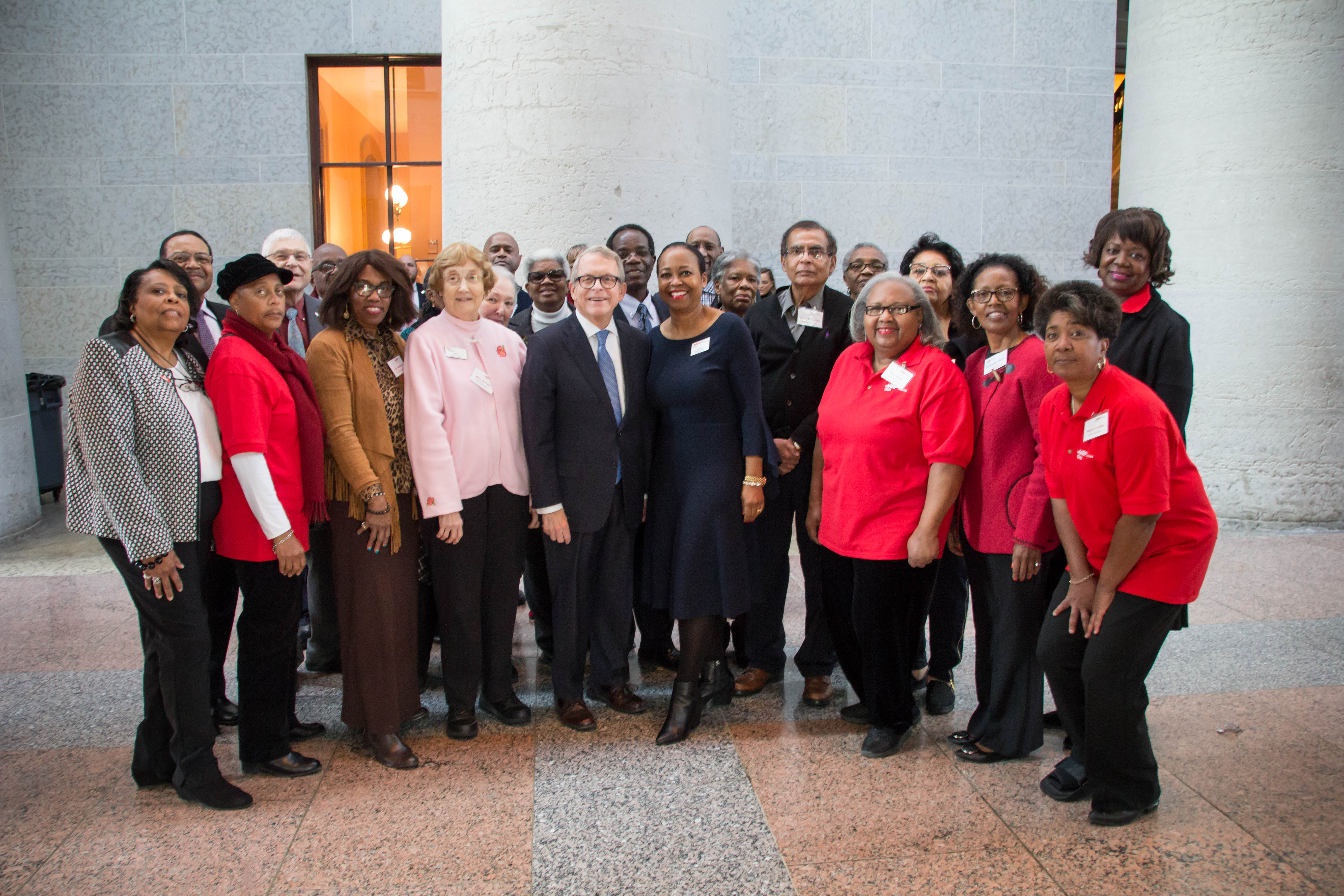AARP Hearing Center

By Sarah Hollander
Retirement gave Virgil Reed time to volunteer. It also gave him a purpose.
When Reed left his longtime career as a Time Warner Cable executive in 2009, he shopped for health insurance for his wife, high school daughter and college son. All three were turned down for preexisting conditions.
“I could not find private insurance for them at any price in Ohio,” Reed said.
When AARP Ohio contacted Reed to see if he would like to become a legislative advocate, the debate about health care coverage was heating up in Congress.
“I said, ‘Let me at ’em,’ ” he recalled.
Since then, Reed, 74, of Anderson Township near Cincinnati, has advocated on several AARP issues, including support for family caregivers, Medicare, Social Security and utility rates.
Volunteer advocacy has been an effective way for AARP Ohio to widen its reach at the state and federal levels, said Jason Smith, associate state director. He’s hoping to grow the association’s group of volunteers for state-budget discussions this year.
“It’s our stories and our numbers that really make an impact on decision-makers,” Smith said.
Potential advocates are often intimidated by what they might be expected to know, but they shouldn’t be, he said.
“We like to tell people that advocacy is a spectrum,” Smith said.
It can range from social media posts and letters to the editor to calling legislators and their staff to testifying before a committee.
Quality of life and pocketbook issues—Social Security, Medicare, savings plans, utility rates and caregiving—are major topics.
Support and training
AARP Ohio offers training throughout the state. Potential volunteers learn how the legislative process works and how to best use social media, set up appointments with lawmakers and review issues. They also role-play handling different scenarios.
Bill Catlin, 77, of Lordstown, found advocacy to be a good fit for his interests and experience.
“I consider myself a political junkie,” Catlin said. Plus, as a retired police chief and current school board president, he is accustomed to working with legislative committees.
For AARP Ohio, Catlin has contacted legislators and their aides to discuss energy deregulation, Medicare and drug costs.
Dave Gynn, 76, of Kent, was interested in grassroots advocacy. A retired schoolteacher, he said AARP helped him build his skills.
“That really empowered me and gave me a lot more training and a more professional approach,” he added.
Gynn has given testimony a couple of times. He’s met a state representative for coffee to discuss utility-rate issues. And he emails legislators after elections.
Gynn said he likes to research lawmakers’ interests and backgrounds to find common ground and effective ways to pitch various positions. He added that AARP Ohio provides data, statistics and clearly explained points to help drive messages home.
Legislators listen, he said: “I encourage people who think that government is out of control and believe there’s nothing we can do about it to rethink that.”
To learn more about becoming an advocacy volunteer, contact Kelley Neal at ohvolunteers@aarp.org. To get email alerts, go to aarp.org/getinvolved.
Sarah Hollander is a writer living in Cleveland.































































